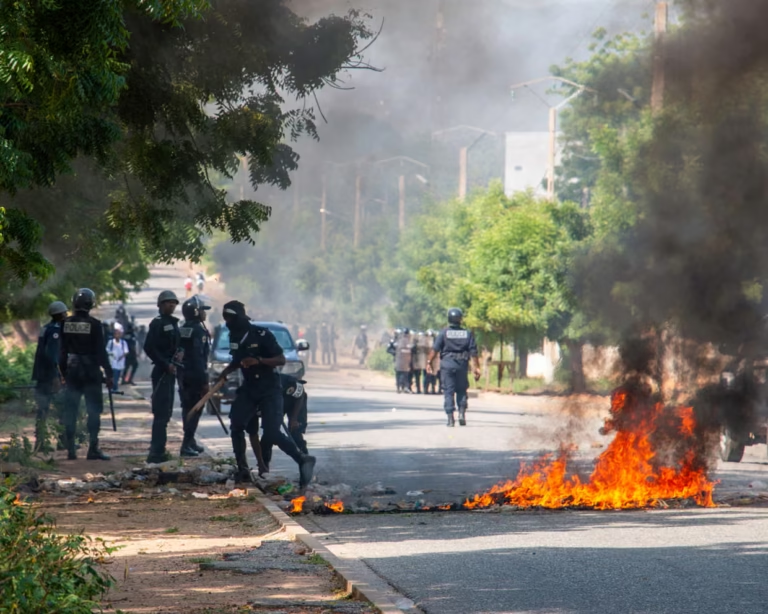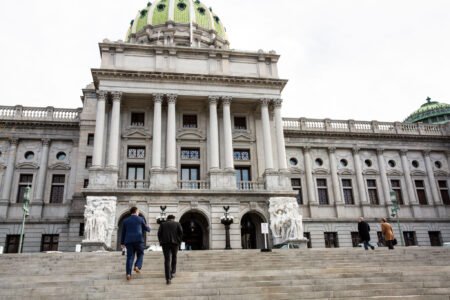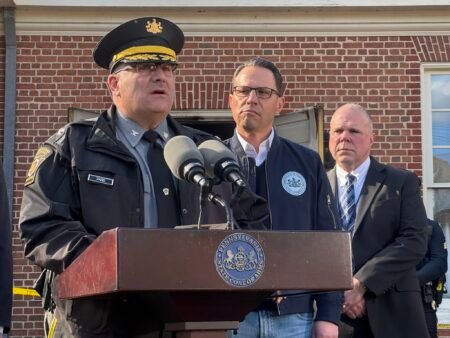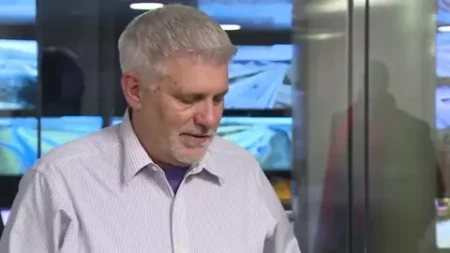Tension is rising across Cameroon after at least two people were killed and dozens arrested during protests linked to the country’s disputed presidential election. The unrest follows reports suggesting that long-time leader Paul Biya is on track to secure another term in office.
According to local media and preliminary results from the electoral commission (Elecam), Biya, 92, appears set for victory. The ruling Cameroon People’s Democratic Movement (CPDM) leader has been in power since 1982, making him the world’s longest-serving head of state. His apparent re-election has sparked anger among opposition supporters who accuse authorities of widespread fraud.
Clément Atangana, head of the Constitutional Council, confirmed that the official results will be announced on 27 October. The council has already dismissed 10 petitions alleging irregularities, including claims of ballot stuffing filed by opposition parties.
Opposition candidate Issa Tchiroma Bakary, a former Biya ally who now leads the Cameroon National Salvation Front, declared himself the winner earlier this week. He claimed to have received 54.8% of the vote, compared to Biya’s 31.3%, and accused the government of “a historic scale of falsification.”
Tchiroma warned that the Constitutional Council would be “complicit in a breach of trust” if it validated what he described as manipulated results. Meanwhile, Biya’s party dismissed Tchiroma’s victory claim as “a grotesque hoax” and said it was awaiting the official outcome “with calm and confidence.”
Protests erupted in several cities following the rival claims. In Garoua, Tchiroma’s hometown in northern Cameroon, security forces used tear gas to disperse crowds. Two people were killed, including a teacher struck by stray bullets. Demonstrations also broke out in the capital, Yaoundé, where police quickly moved to disperse gatherings near government buildings.
In the Far North region, one of Cameroon’s poorest areas and a Tchiroma stronghold, discontent has turned personal. A handwritten letter left outside the regional governor’s office expressed frustration over poverty and exclusion, warning that continued political manipulation could drive some young people to join extremist groups across the border in Nigeria.
Authorities have moved swiftly to suppress the unrest. In a televised statement, Territorial Administration Minister Paul Atanga Nji said more than 20 protesters had been detained and would face trial before a military tribunal. “They face serious charges, including incitement to rebellion and insurrection,” he said, warning that the government would not tolerate any “threats to public order.”
Meanwhile, internet access was reportedly restricted in Douala and other regions, according to the internet watchdog NetBlocks. The state telecom operator, Camtel, blamed the disruptions on a “technical issue” involving the WACS undersea cable and said service was gradually being restored.
Religious leaders have urged calm as tensions rise. The National Episcopal Conference of Cameroon (NECC) released a statement appealing for peace. “It is our prayer that, with the help of God and the commitment of all, our country will experience peace and stability in truth,” said Archbishop Andrew Fuanya Nkea of Bamenda.
As Cameroonians await the official election results, uncertainty looms over whether the government can contain unrest and whether Biya’s decades-long rule can withstand growing public frustration.







